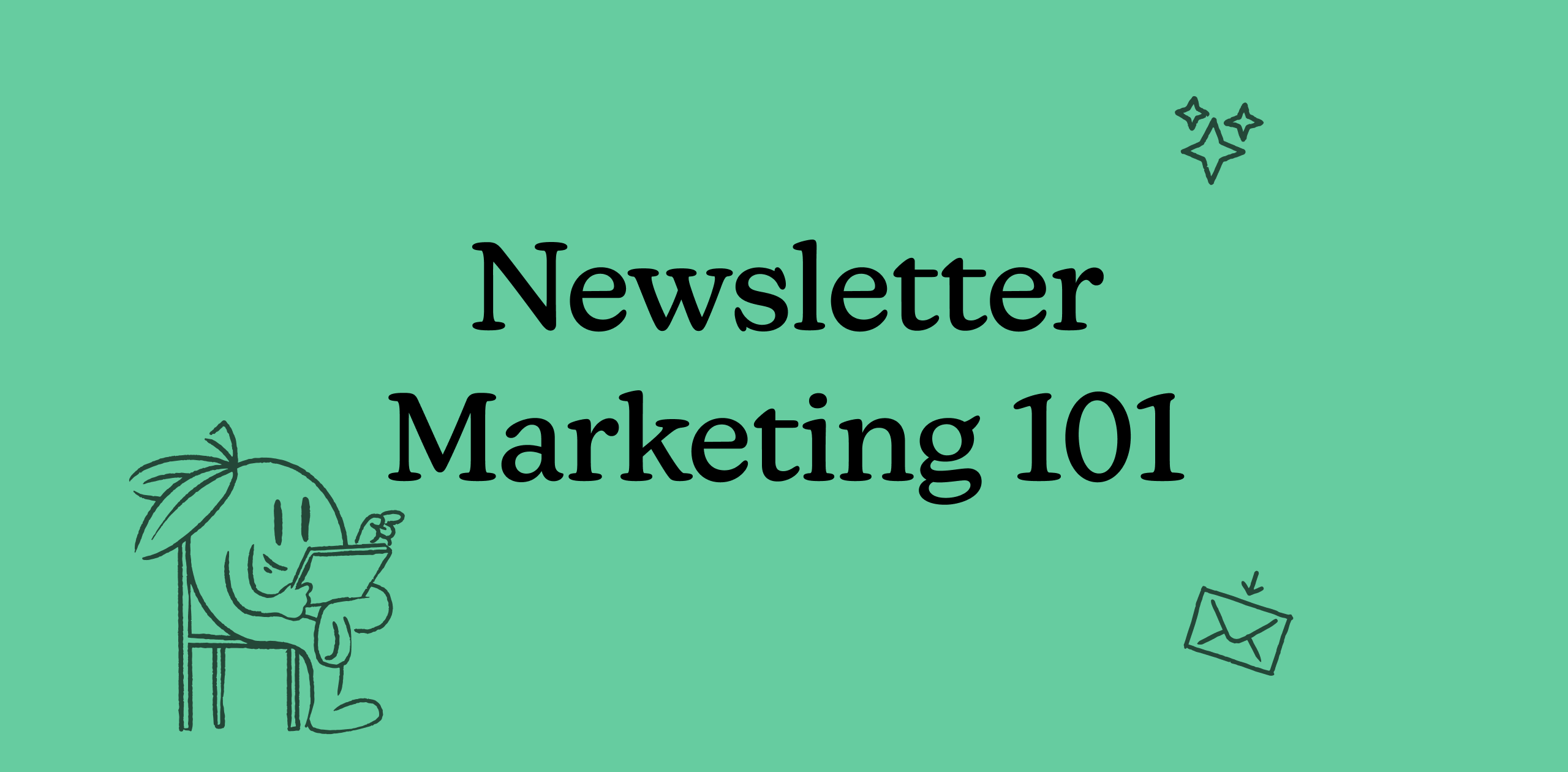
What do Nike and Spotify have in common?
In 1966, Phil Knight broke ground on the first Blue Ribbon Sports, now known as Nike, store in Santa Monica, California. Unlike Nike’s current campus, this was a humble storefront. However, as the business grew, the office quickly became engulfed in a jungle of order books and shoe boxes (Onitsuka Tigers to be precise). If you asked someone how the business was going you would be left waiting a while until you grew unsure if they were counting inventory, or if the shoebox jungle had swallowed them alive. Despite these challenges, Nike’s people and passion brought the business forward and overcame the chaos - to victory.

As passionate founders - selling shoes, sponsoring athletes, and changing the culture was what Phil and his team did best. They liked to run the show and track meets, but not the back-office. So when middle-aged men showed up at their doorstep with a computer-briefcase offering to sell them enterprise software, they first swatted it away like Dikembe Mutombo. But things change.
Today, companies like Nike rely on enterprise software like Kevin Durant relies on Steph Curry to get him an NBA championship. Enterprise software has exploded from core systems (ERP, CRM, HCM, to name a few) to more ‘nice-to-have’ systems like Social Workspaces, Learning Experience Platforms, and Employee Benefits Systems. From the enterprise tier down to the micro-business tier - companies of all sizes have entrusted enterprise software as the fundamental support system that enables them to focus on what they do best: delivering a killer product.
- Spotify and Toyota use Salesforce
- Apple, Nike and Coca Cola use SAP
- [Insert any company name here] probably uses Slack or Teams
So why don’t creators have a solution?
Enter the Insurgent Creators
Creator content has captured the world, increasingly taking up a share of peoples’ days. The democratization of content creation and publishing has unleashed the potential of individual human ingenuity and creativity - but it has also catapulted our heroic creators into competition with the likes of Netflix, Disney and HBO. These giants all use bespoke enterprise software so that they can continue to churn out Stranger Things, Marvel and Game of Thrones - in other words: delivering killer content.
So that’s ~$300bn in market cap versus… a person with a Canon and a Joby tripod? 🤔

Running a creator business is no simple task. Just growing an audience alone requires immense determination and rigor. On top of creating - all creators have to monetize their channels, find new partnerships, handle bookings, facilitate collaborations, nickle-and-dime negotiations, facilitate cross-border payments, and file correct taxes and reporting. Last time we checked, there’s not a Film-Marketing-Business-Legal-Tax-Hustle-Arts degree on offer at any University these days…
Fortunately, upstart creators are digital natives and, as all creators, incredibly nifty hustlers. Rather than building Shoe-box towers like Phil Knight, they are stitching together Google Sheets, Notion, G-mail, Calendly, Stripe and often 10+ more tools to build their creator business. Furthermore, as they grow to become the Ali Abdaals, David Dobriks, and Emma Chamberlains of the world, they go as far as hiring a team to solve this problem.

So to recap: killer content, annual sales ranging between $10k to $10 million, 15+ software tools, marketing programs, legal troubles, and hiring employees. “Houston, we have a company.”
However, tossing creators an SAP, Salesforce or any other existing enterprise software is a bit like taking over your older sibling’s GAP hand-me-downs (yes, the ones with the ketchup stains). They don’t fit your needs, you don’t want them, and it leaves you asking your parents “Why don’t you love me?”
Creators, on behalf of software-land, we are sorry.
Introducing your software foster parents…
In this somewhat too-close-to-home metaphor, your missing parents represent software-land. Well, let us introduce you to your new software foster parents: Passionfroot.
Now back to the metaphor: In The Blind Side, Leigh Anne Tuohy (played by Sandra Bullock) finds Michael Oher after he has bounced around between different foster homes. Compassionately, she takes him in and provides him the home, support, and tools he needs to succeed in life. With those tools he was able to focus on his talent: American Football. As the story famously goes, Oher leverages this support system to go on to become a unanimous All-American at Mississippi and Super Bowl Champion with the Baltimore Ravens. In other words: killer (football) content.

If you don't like it in the store, you're not gonna wear it at home
In The Blind Side, there is a famous scene where Oher is trying out clothes to prepare for his new life. Unsure of whether he should say yes to be polite, Sandra says to him: “If you don’t love it in the store, you’re not gonna wear it at home.” At Passionfroot, we follow the same belief. We are constantly developing our product so that you, the creator, will love it in the store, and wear it at home.
About Passionfroot
Passionfroot is where creators do business. All your collaboration requests, sponsorships, bookings and finances in one place - and a whole lot more juicy frootiness coming down the line! Sound interesting? We would love to show you our product and get in touch! Like Sandra, we’re here to protect your spark, while you focus on what made you passionate in the first place.







.png)